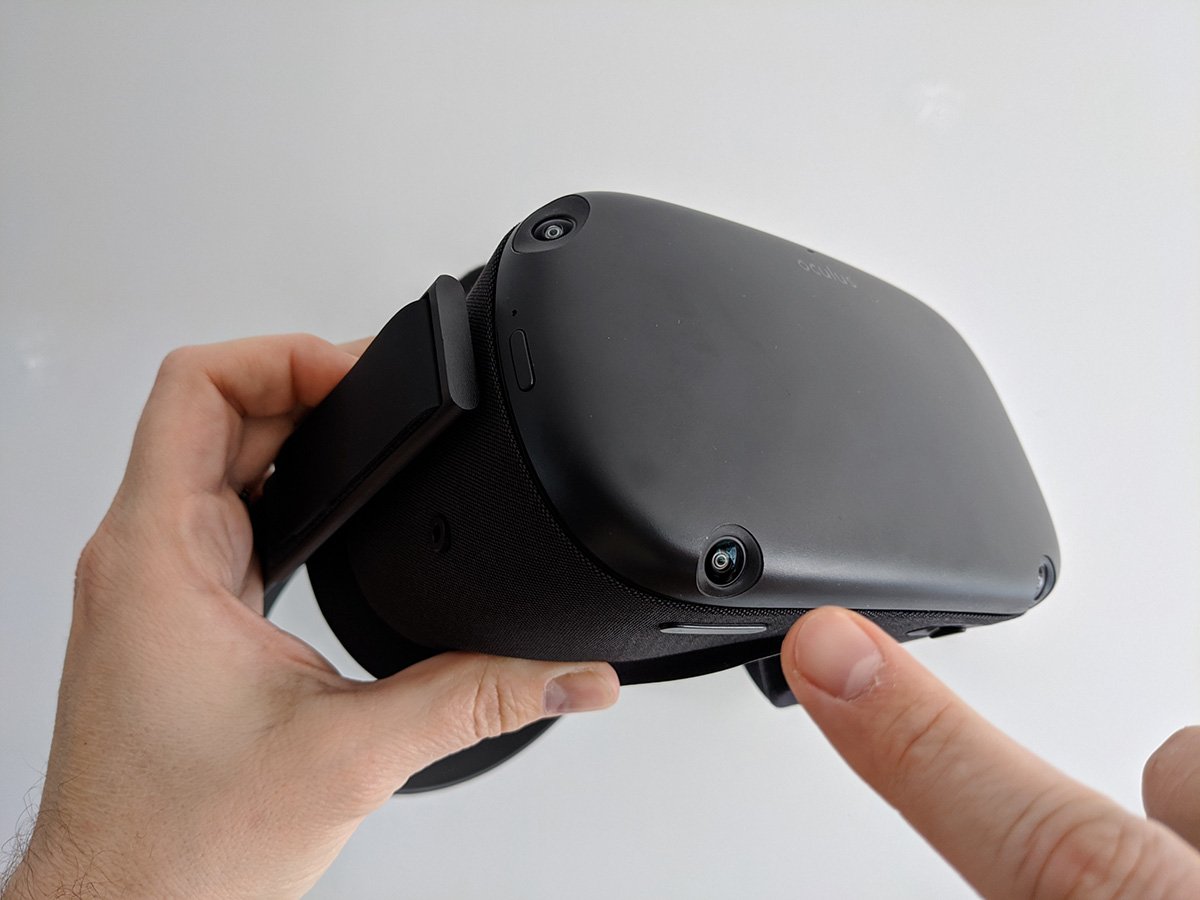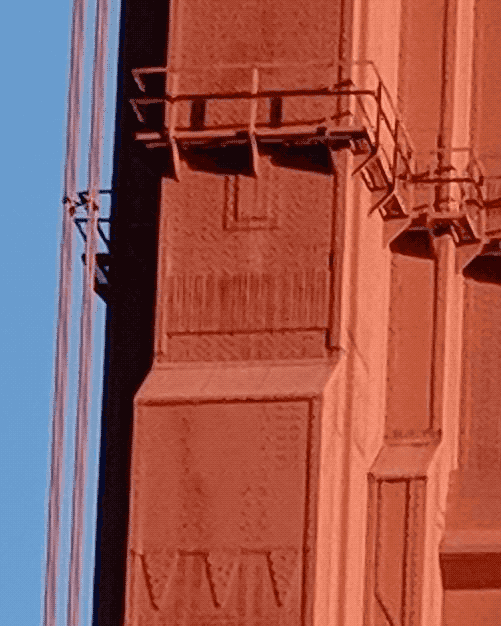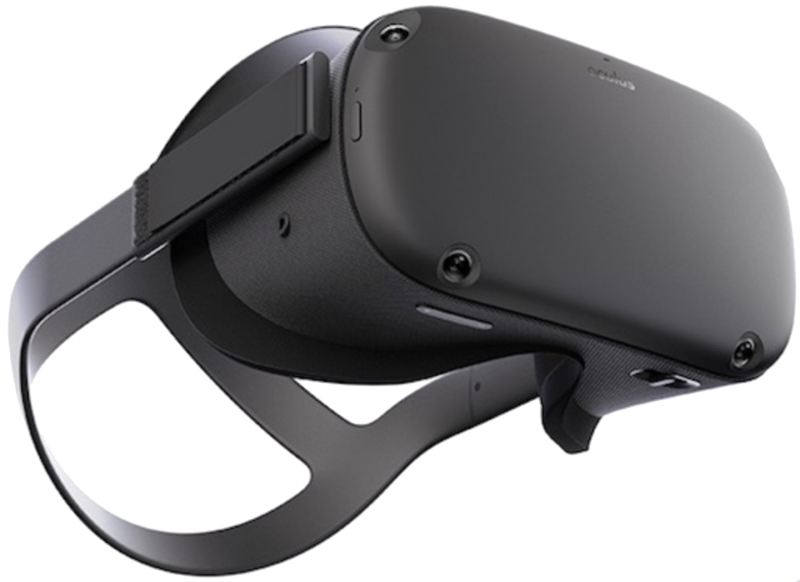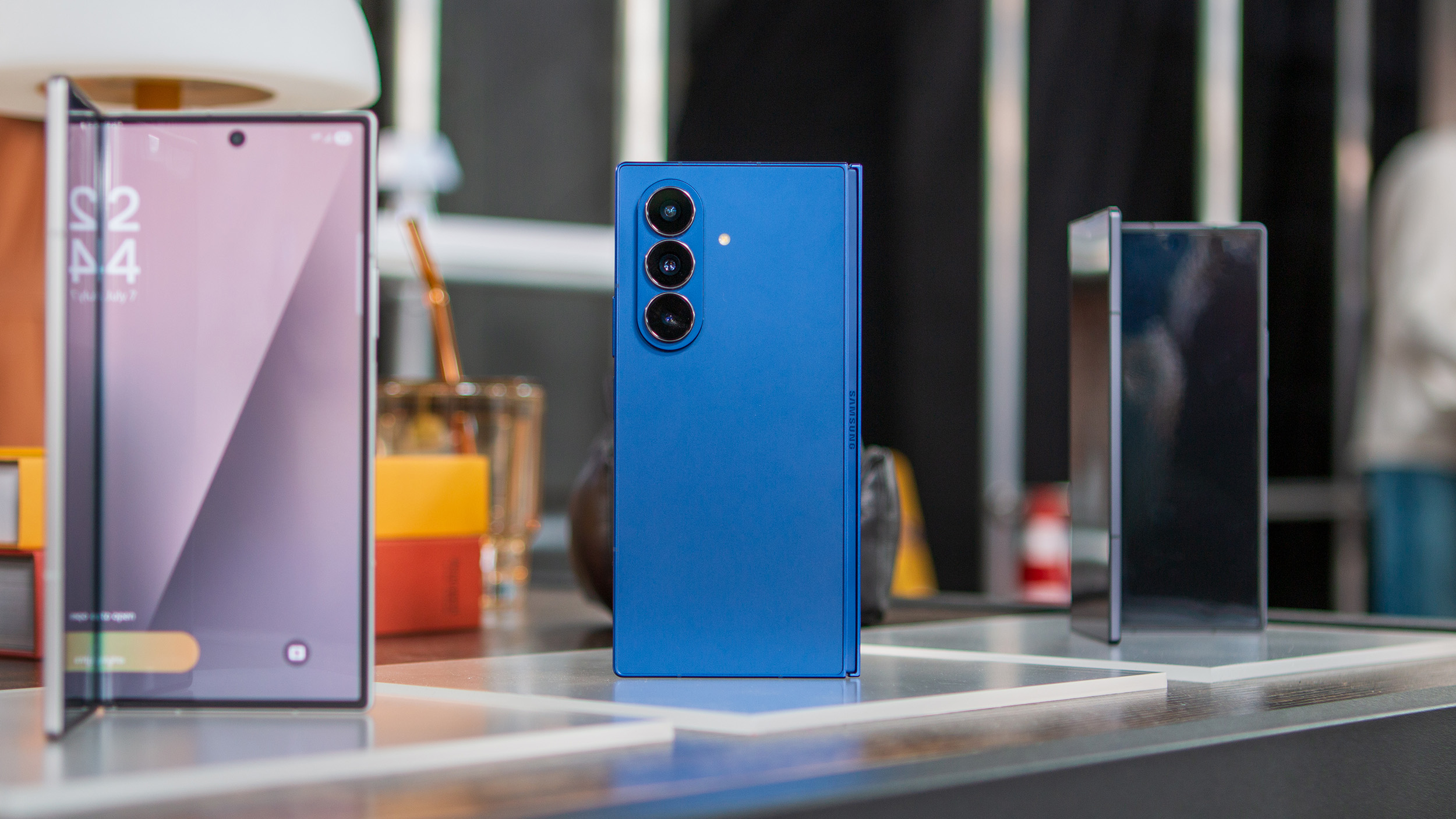An AI breakthrough could significantly improve Oculus Quest rendering power

Get the latest news from Android Central, your trusted companion in the world of Android
You are now subscribed
Your newsletter sign-up was successful
What you need to know
- Facebook's AI division has found a way to utilize super-resolution rendering to improve Oculus Quest performance.
- This technique has been utilized by companies like Google and NVIDIA in the past and has proven to deliver amazing results.
- Facebook is not committing to a timeline for the possible update and maintains that it's purely theoretical, for now.
Researchers at Facebook's AI division have come up with a way to provide developers with up to 67% more rendering power on mobile VR hardware with a "simple" software update. Of course, anything dealing with the development of AI and its implementation into practical applications is anything but "simple", but the key here is that the current generation of hardware could see significant improvements in performance through the normal procedure of updating the system software.
In a nutshell, UploadVR unearthed a document from Facebook AI researchers that provides a tangible way to utilize a "super-resolution" algorithm to create a higher resolution image from a lower resolution image. From a practical perspective, this means that Oculus Quest games could be rendered at 70% of their current resolution, helping to provide better framerates and the opportunity for more detailed scenes. The super-resolution AI algorithm will then take the lower resolution game and create a new image that looks significantly sharper and more detailed than it originally was. This utilizes the strengths in mobile processing architectures to overcome an obvious weakness.
For a platform that relies on the slower processing power of the Snapdragon 835 mobile chipset (a chipset that's already three generations old today), this could be a huge boon for developers looking to port their PC VR titles over to the Quest, as well making it a tad easier to develop across multiple platforms. This isn't the first time we've seen this technology used in a consumer product; NVIDIA debuted an AI-upscaling algorithm into the Shield TV late last year and, even before that, Google debuted Super Res Zoom on the Pixel 3's camera in 2018.

If this sounds like an episode of CSI: Miami, there's a reason for that. Like any good sci-fi concept turned reality, super-resolution algorithms began as a far-out concept that seemed too good to be true. Facebook's implementation isn't all that fundamentally different from other algorithms of its kind, as it teaches machines the visual details of common objects and allows the AI to imagine what the full object is supposed to look like. NVIDIA also utilizes a similar algorithmic concept, called DLSS, on its RTX line of video cards for PC to enhance image quality with little to no real performance hit.
At this time, Facebook isn't committing to any sort of timeline for delivering this advancement to the Oculus Quest or any other headset, for that matter. But these sorts of updates aren't unprecedented and they certainly aren't unwanted, either. Dynamic Fixed Foveated Rendering was implemented in the Oculus development kit last year and helped significantly enhance the performance of Quest games without much of a decrease in visual fidelity. Here's hoping this will join the long list of amazing Oculus Quest updates in the near future.
Get the latest news from Android Central, your trusted companion in the world of Android


